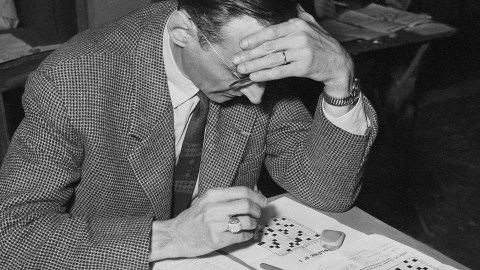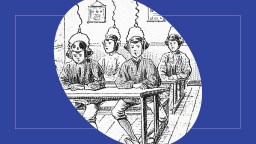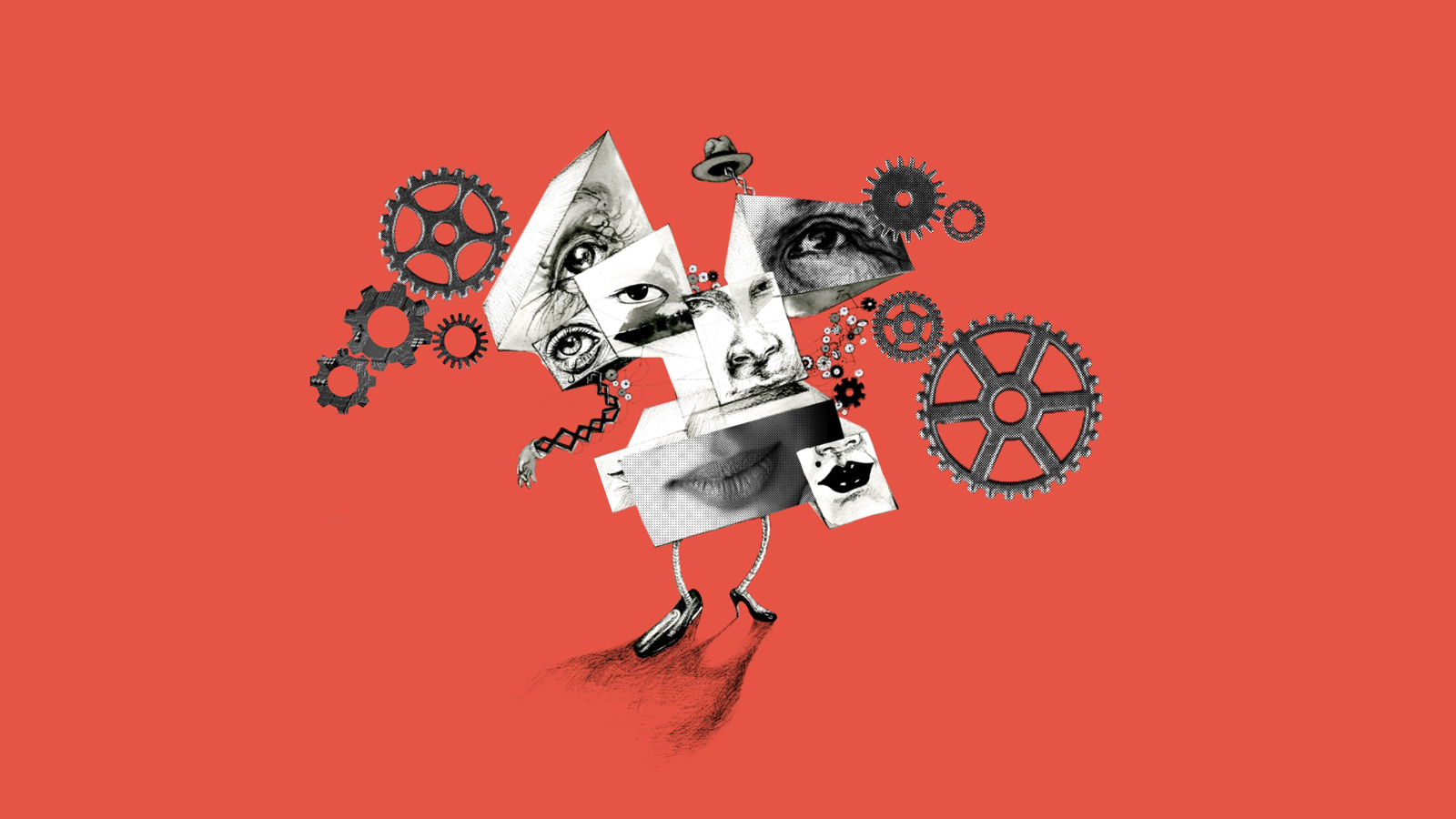Intelligent people take longer to solve hard problems

- A new study challenges the belief that higher intelligence scores are associated with faster information processing.
- It also reveals a link between problem-solving ability and differences in brain connectivity and synchrony between the frontal and parietal lobes.
- The findings suggest that there is a tradeoff between speed and accuracy in cognitive processes, highlighting the importance of slower and more effortful thinking for solving difficult problems and making better decisions.
After more than a century of research, much of which has been highly controversial, psychologists still struggle to define intelligence, and many doubt the validity of tests designed to measure it. Nevertheless, one idea has emerged and persisted: that higher intelligence scores are associated with faster information processing, or “mental speed.” But a new study by researchers in Germany now suggests that even this may not be true.
Published in the journal Nature Communications, the study shows that people with higher intelligence scores take longer to solve complex problems because they are less likely to jump to conclusions. The study also links problem-solving ability to differences in brain connectivity and synchrony between brain areas.
Making connections
Michael Schirner of the Charité-Universitätsmedizin Berlin and his colleagues examined data from 1,176 Human Connectome Project participants, analyzing the relationship between intelligence scores and reaction times on the Penn Matrix Reasoning Test, which consists of a set of increasingly difficult pattern matching tasks. This showed that while people with higher intelligence scores solved the easy problems quicker, they took longer to solve the difficult ones, apparently because they spent more time inferring hidden rules before reaching the correct solution.
Next, the researchers generated personalized brain network models of 650 of the participants, by combining brain connectivity data from each with general models of the neural circuits for decision-making and working memory. This revealed that those who took longer to solve the difficult tasks exhibited higher resting state connectivity between the frontal and parietal lobes, and also greater synchrony between these brain regions.
The frontal lobe is known to play important roles in attention and decision-making, while the parietal lobe is thought to collect and integrate sensory information. Brain scanning studies suggest that intelligence involves a fronto-parietal network, so greater synchrony between these regions may reflect a prefrontal attentional mechanism that modulates processing in the parietal lobe.
Smarter, slower
The findings challenge the assumption that higher intelligence is the result of a faster brain. They suggest that faster is not necessarily better, and that under certain circumstances there is a tradeoff between speed and accuracy which results in better decisions.
Thus, while fast, “automatic” thinking is adequate for making decisions about easy tasks, a slower and more effortful mode of cognition, which supports the prolonged integration of relevant information, may be better for solving more difficult problems.





